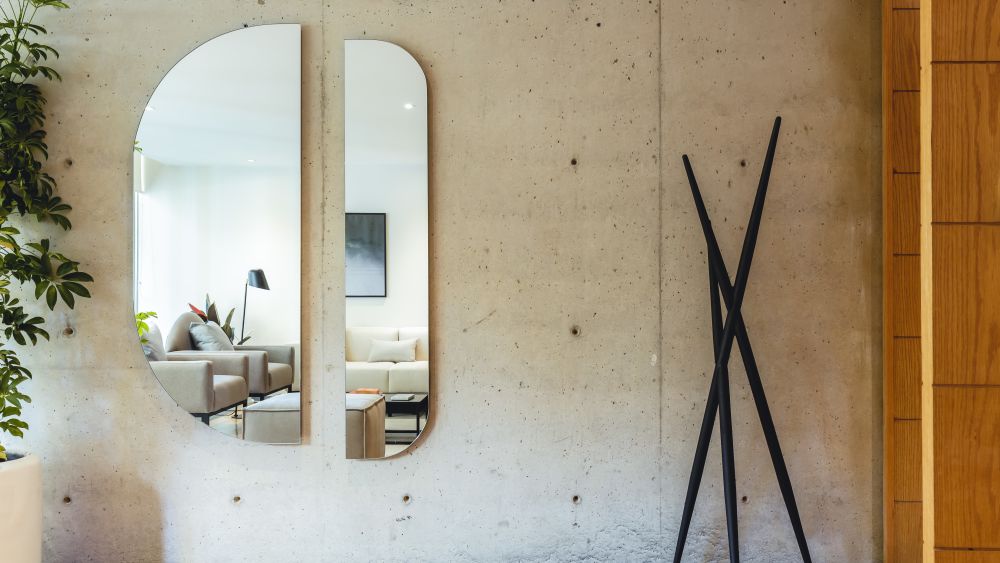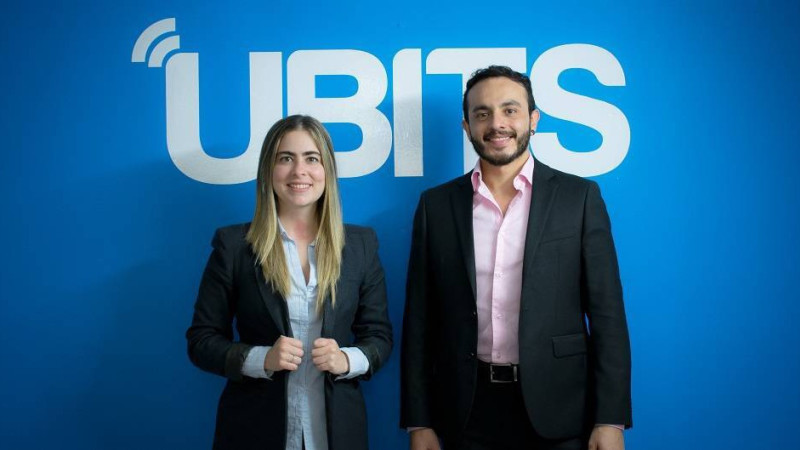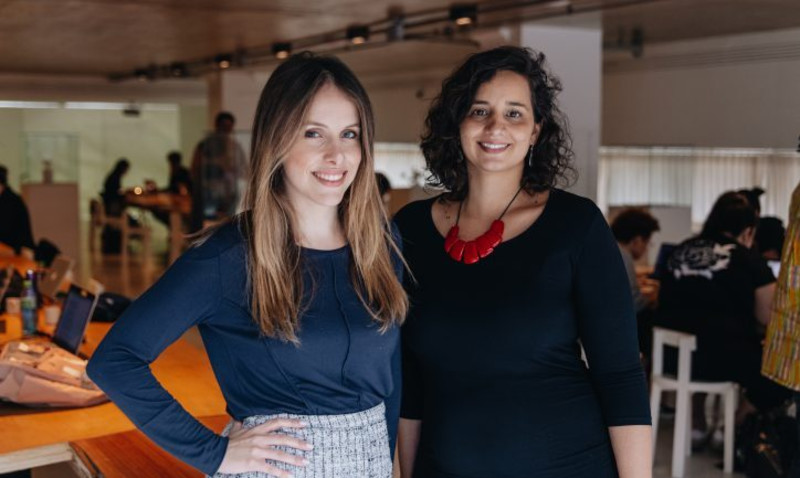Top 5 Female-Founded Startups to Watch in Latin America
Table of contents
Female entrepreneurship is flourishing in Latin America. In a region where women face high inequality, gender biases, and adversity, they are taking big risks and are daring to be part of a challenging, yet promising, startup ecosystem.

Casai
The Mexican startup, co-founded by Maria Del Carmen Herrerias Salazar and Nico Barawid, is a hospitality company that combines smart home tech and boutique hotel amenities to provide nomadic travelers an unforgettable stay. The carefully curated apartments available to Casai users boast incredible designs and have the best technology at hand for their digitally connected patrons. The company also provides personalized support and customer service as well as local experiences for travelers.
Maria told The Org that, “At Casai we seek to improve guest experiences and processes through technology. A large part of our operation is focused on streamlining common tasks in the hotel industry but supported by technological developments.”
Casai is competing directly with hospitality giant Airbnb and its most recent funding round of $24M was executed by Andreessen Horowitz, also Airbnb early investors. The startup was founded in 2019 and has raised a total of over $53M.

Chiper
The Colombian startup, co-founded by Carolina García and Jose Jair Bonilla in 2018, is an e-commerce platform transforming corner stores in Latin America. The platform enables access to a fully integrated ecosystem that provides technological solutions to independent merchants and their suppliers. Services include inventory management, fulfillment, and procurement so owners can make more efficient purchasing decisions based on real-time data to optimize store performance. In simpler terms, Chiper directly connects store owners with manufacturers, thus eliminating intermediaries and resulting in higher profit margins for the stores and a better experience for consumers.
Chiper has operations in four cities in Colombia and two cities in Mexico. With total fundraising of $25M, the company has plans to expand to more cities in Mexico and open the market in Brazil. As of 2020, Chiper has 3,000 monthly active users and is targeting 30,000 by the end of 2021.
UBits
Co-founded by Marta Forero and Julián Melo, the e-learning platform allows for the effective re-skilling and upskilling of employees in LatAm. UBits focuses on the employee instead of the teacher to reduce training times and costs, increase coverage, and guarantee the retention of knowledge.
The Colombian startup went through Y-Combinator in 2018, where Marta was the only female founder in her cohort.
Marta told The Org that, “All female entrepreneurs in LatAam need to come together and create a collaboration and support network, where we can grow and learn from each other. That way, we can all go farther, together.”
Ubits has raised $2.5M so far, with their most recent investment coming from Stanford’s GSB Impact Fund. They offer courses in Colombia, Chile, Mexico, and Peru and have over 50,000 students from 70 corporate clients, including large companies like Falabella, GE, and Terpel.

Kushki
Women all over LatAm are leading and co-founding fintechs. In fact, over 35% of fintechs in the region have female founders and have raised over 31% of the region’s venture capital investment.
Kushki is no exception. The platform, co-founded by Daniela Espinosa and Sebastián Castro Galnares, has the mission to connect Latin America through payments. The idea for their service is to reduce the amount of cash used in the region. To do this, they are creating modern, efficient, and secure payment solutions, capable of accelerating businesses via an integrated payment platform and omnichannel solution. The company’s API allows users to connect different payment methods in each country under a single integration and receive money in their local currency.
Kushki was originally founded in New York City in 2016 and has operations in Brazil, Canada, Chile, Colombia, Ecuador, Mexico, Peru, and the U.S. They have raised over $8M and companies like Uber, Rappi, and Cabify are part of their client portfolio. By the end of 2019, Kushki was processing upwards of six million transactions per year.
Theia
Co-founded by Flavia Deutsch Gotfryd and Paula Crespi, the Brazilian startup is aiming to empower parents to be healthier, happier, and more successful at home and at work.
Theia is a platform that leverages technology, data, and user experience to provide access to curated content, professionals, and community connections, creating a support network that working mothers and fathers need to cope with day to day life. Deutsch and Crespi created the company because they believe that no one should have to choose between children and a career. If a balance between both can be achieved, this can lead to happier and more fulfilled parents and employees.
The Theia team is composed of experts in the fields of technology, pediatrics, care, and career that work incessantly to bring families and businesses together via corporate benefits. Founded in 2019, the company raised a $1.7M seed round to develop the parental support platform. Although still in early stages, Theia will operate as a subscription style model where companies pay a membership fee to provide the service to employees so they can achieve a better work- life - children balance.

--
The Org is a professional community where transparent companies can show off their team to the world. Join your company here to add yourself to the org chart!



